In the weeks and months leading up to James Gunn‘s DCU announcements, superhero fans were skeptical that not only could the rebooted franchise escape the shadow of the shattered Snyderverse, but also that it could emerge from under the thumb of the all-powerful MCU. With Gunn finally unveiling the full slate for the first wave of the newly furnished DC universe, however, the filmmaker has immediately bested Kevin Feige‘s Marvel Studios in one small yet meaningful way.
Along with announcing 11 new titles coming over the next few years, ranging from movie reboot Superman: Legacy to a Green Lantern buddy-cop TV series called Lanterns, Gunn also confirmed that we should be referring to this opening gambit for the franchise as the DCU Chapter One. While that’s an obvious spin on the MCU’s Phase One through Six categorization system, the DCU is going one better by applying subtitles to its individual phases. In this case, Chapter One is called “Gods & Monsters.”
It took Marvel a full decade to come up with the concept of naming its overarching storylines, causing everything from Iron Man to Avengers: Endgame to be retroactively labelled as the Infinity Saga. We’re now of course living in the Multiverse Saga, which stretches from WandaVision to Avengers: Secret Wars. The DCU’s approach of naming each individual chapter/phase is a much smarter method of doing things, however, as it feels much more in line with the source material.
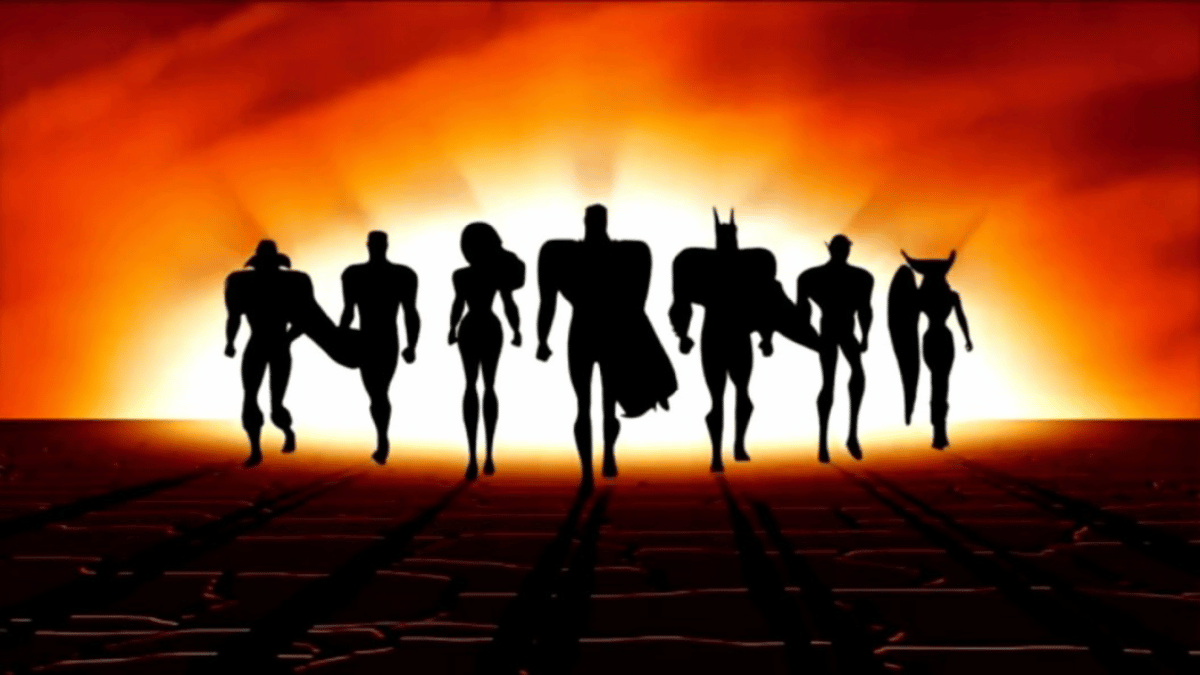
“Chapter One: Gods & Monsters,” apart from borrowing the title of an animated Justice League movie, recalls those epic DC comic book storylines that take a year or two to unfold, much as this slate of films and TV series will play out across the next couple of years. Marvel’s Infinity and Multiverse Sagas, meanwhile, are too vast and broad to have any real comparison to the events of the Marvel Comics universe. On the other hand, the 10 projects that make up the DCU’s first chapter — excepting the outlying The Batman: Part II — recall the 10-12-issue events you get on the page.
The MCU is so sprawling that it’s hard for even seasoned fans to keep its ordering straight in their heads, but James Gunn’s comic book-aping approach ensures the DCU will be much more neatly packaged and therefore easier to follow even as it grows exponentially.

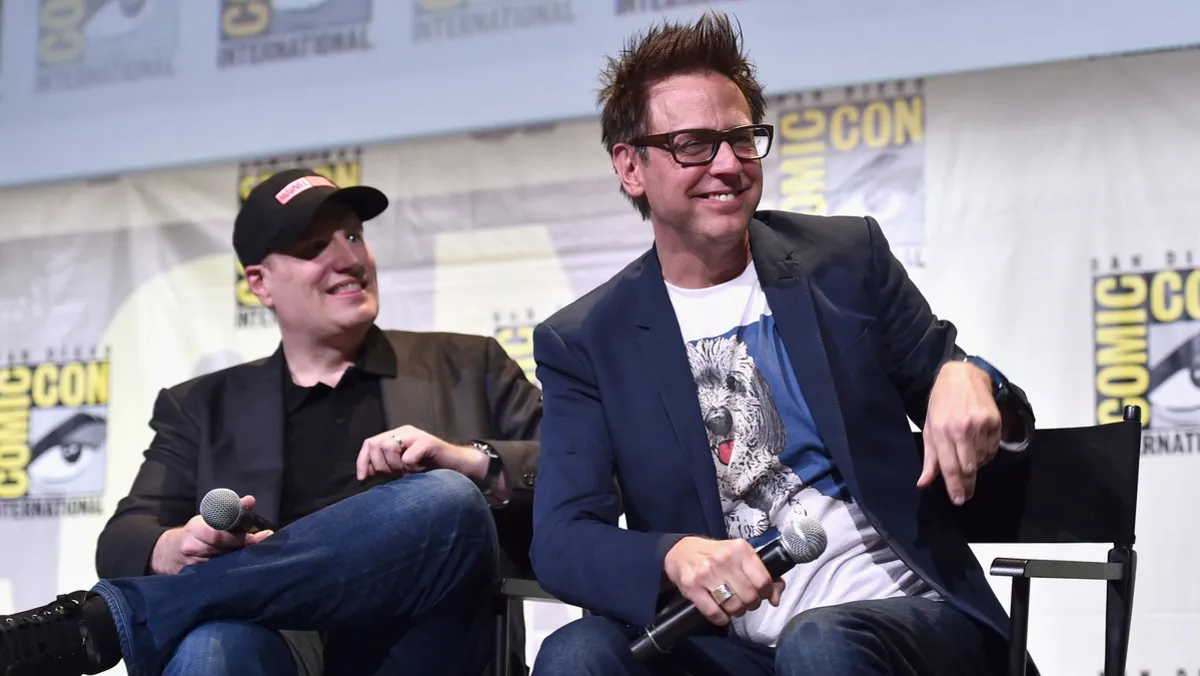

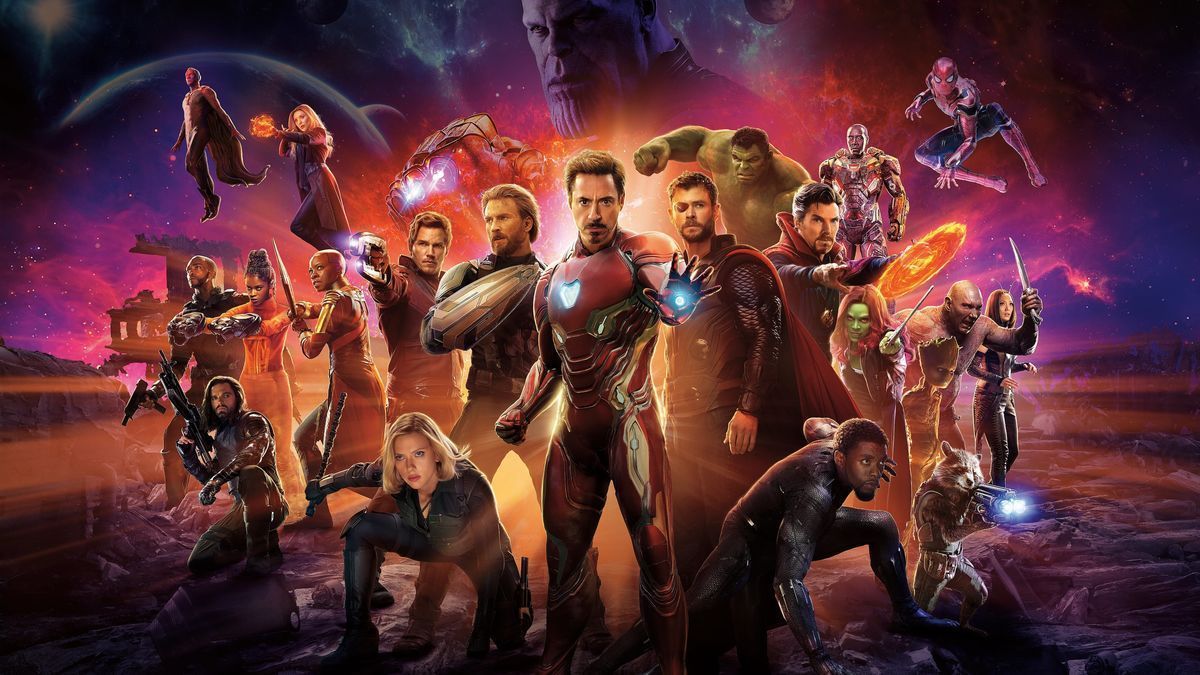
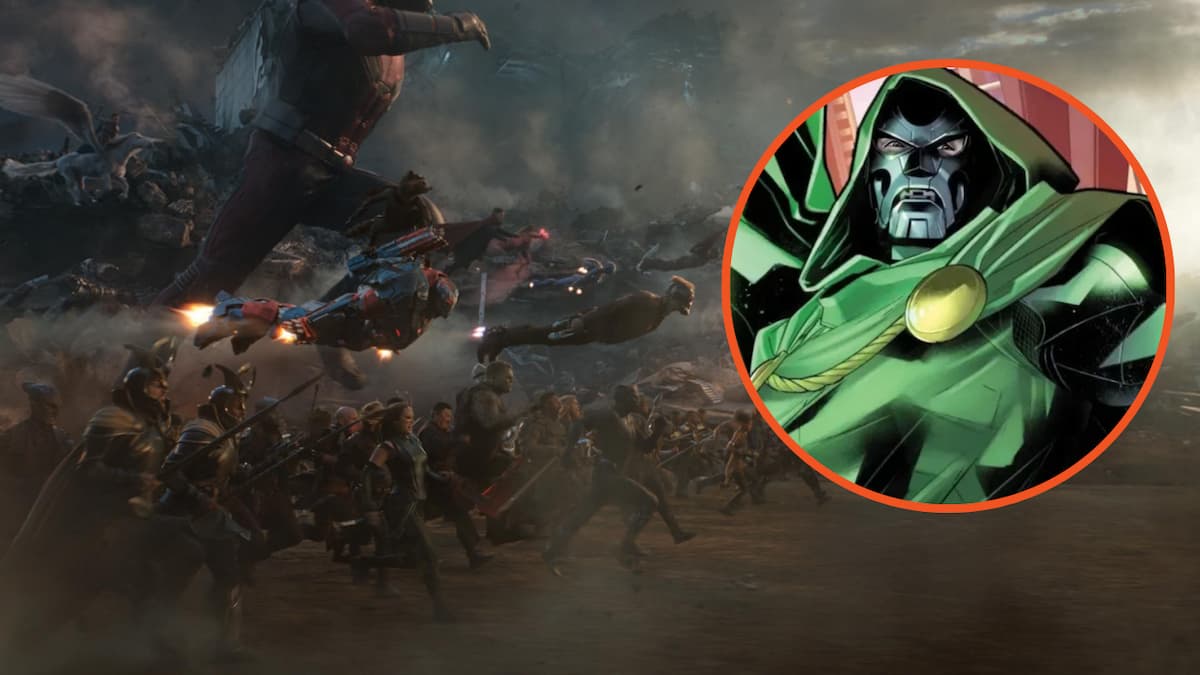

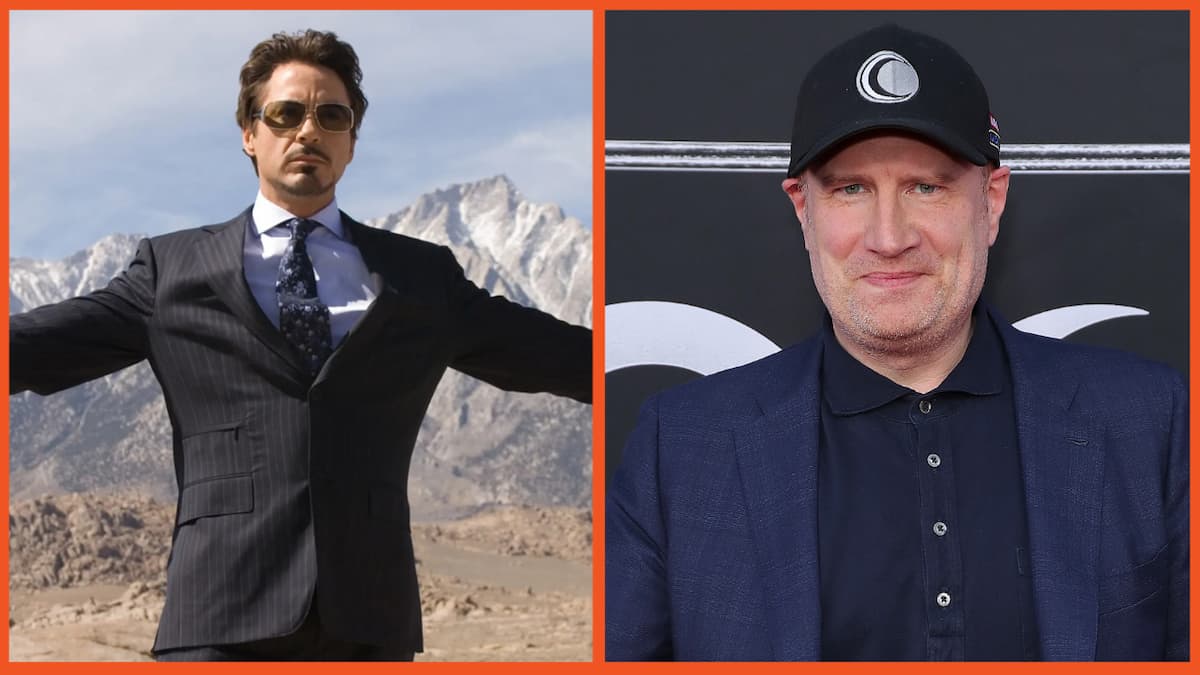
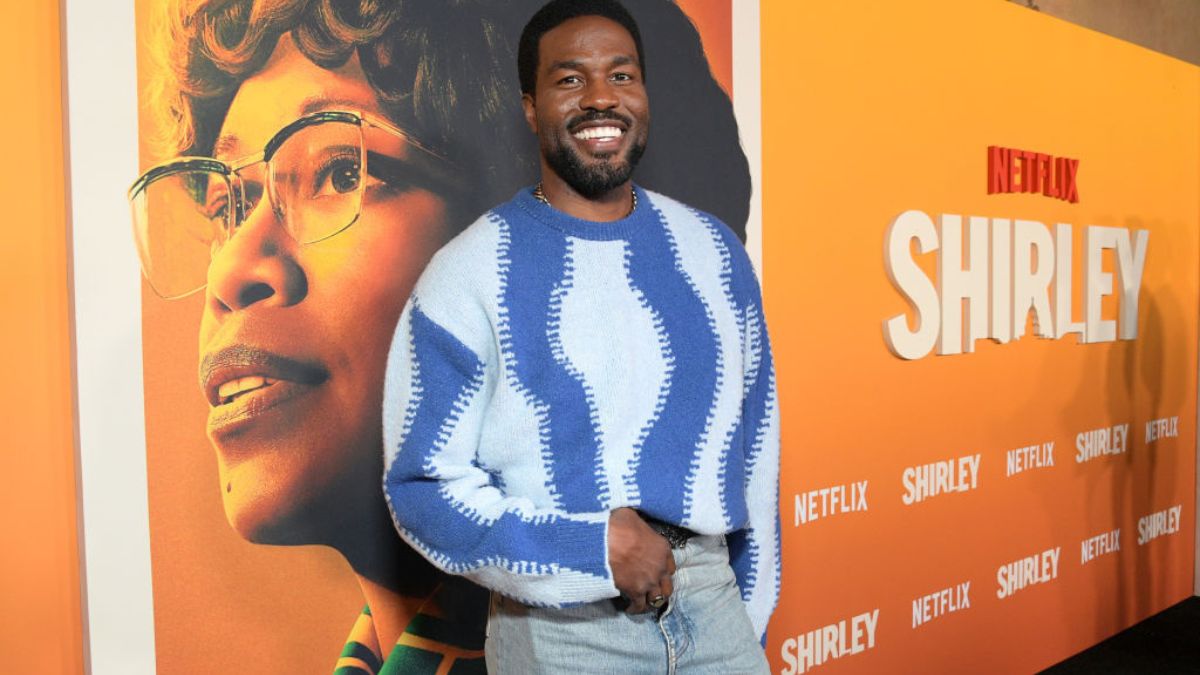
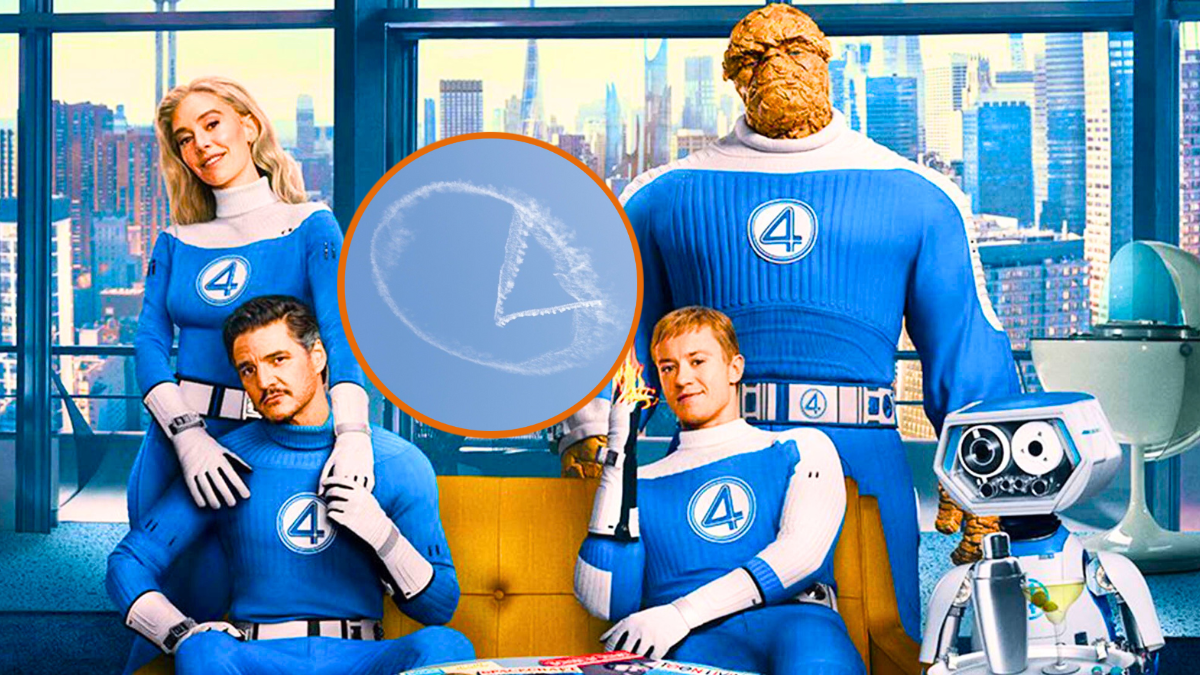
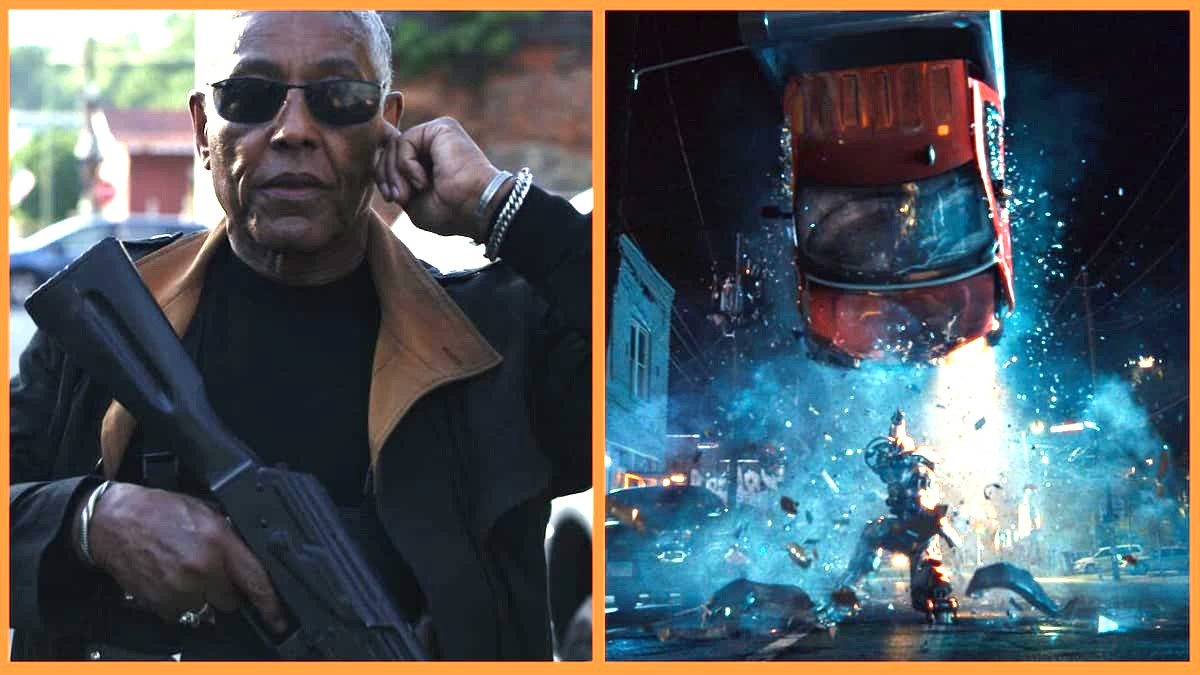
Published: Jan 31, 2023 03:40 pm